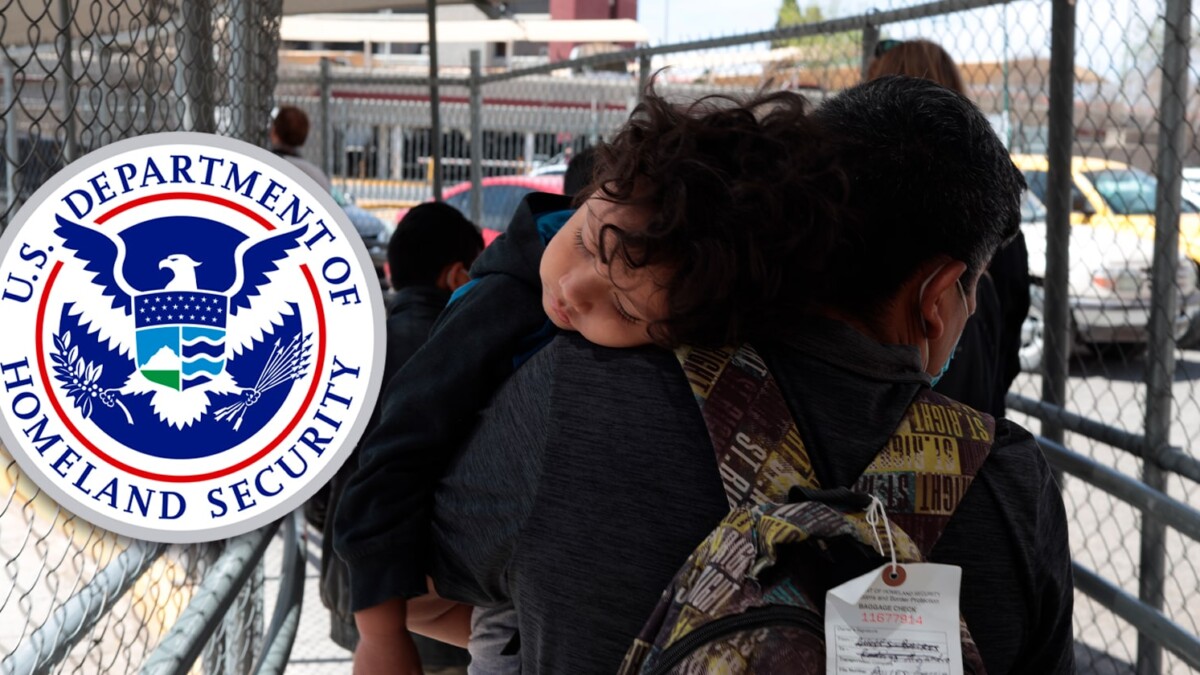With the entry into force of Texas’s anti-immigrant law SB 4 just a few days ago, many are wondering where the deportees will end up.
Given that the U.S. state shares land borders with Mexico and that thousands of irregular migrants enter through it, one might deduce that this would be the final destination for those expelled.
In response to such an assumption, which seems not only to be ours, the Mexican government preempted and stated it would not accept “under any circumstances, repatriations by the State of Texas.”
In an official statement, the Mexican government condemned the enactment of the law and reiterated its sovereign right to determine its own policies regarding entry into its territory.
Also, in a press briefing, President Manuel López Obrador, AMLO, reiterated that Texas does not have jurisdiction in his country to apply any law.
Neither in Texas nor in Mexico, then where would these individuals affected by the legislation end up?
For now, Texas has not announced any specific destination, but if Mexico does not receive them, they would have to implement deportation flights to the countries of origin of the irregular migrants.
Saying it is easy, but a significant budget would be required to cover the entire process, which leads to the next question: can Texas afford it?
Other probable measures could emerge in light of the enactment of the criticized SB 4.
If the state once sent thousands of irregular migrants to sanctuary cities, why not do it again if what it needs is to remove them from its territory?
Or perhaps they could set up temporary camps for the stay of these individuals until a definitive solution is found.
The conclusion is still unknown; meanwhile, the law will continue in courts as the Biden administration continues to demand the removal of a law it deems discriminatory and racist in all respects.
Texas is the third U.S. state with the highest number of undocumented immigrants in the country after California and Nevada, with an estimated figure of almost two million people, mostly of Mexican origin, according to recent figures from the Center for Immigration Studies.
✅Para Recibir TODAS las Noticias GRATIS 👉Síguenos desde Aquí

